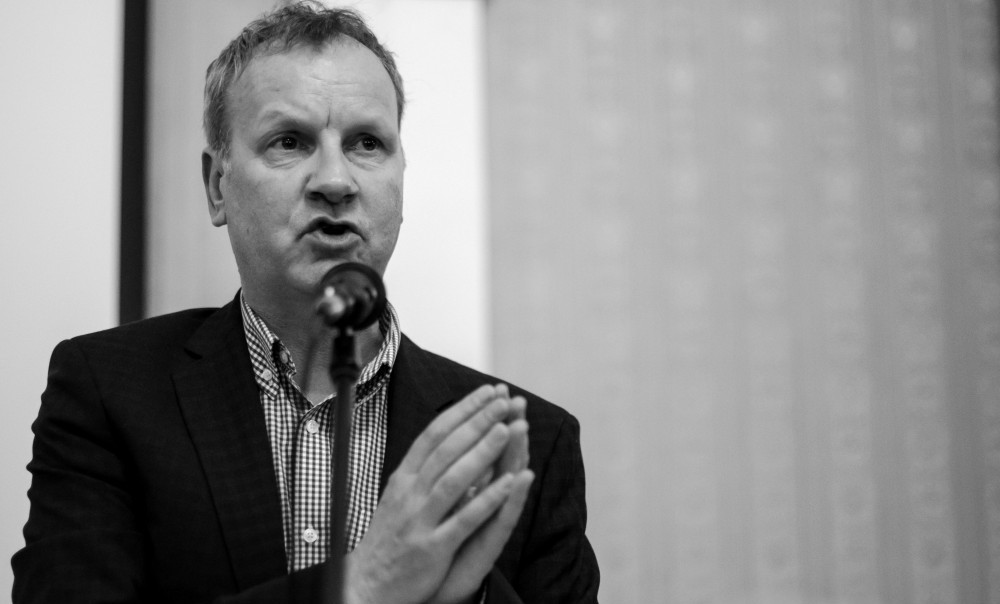You always know what’s going on when groups of MPs are huddled together in excited groups and the mobile phones are gripped even more intently than usual. Yes, it’s reshuffle day and expectant would-be Ministers are waiting excitedly for that call from Number 10. With one call, the fortunes of the politically ambitious can be either be made or thwarted and it’s an experience that is unlikely to trouble this Honourable Member.
Last week saw reshuffles take place in both Westminster and Holyrood, with very different and distinct messages coming from the respective Governments.
At Westminster, the coalition tensions are now almost at boiling point, with Liberals determined to have their agenda pushed more robustly in Government; whilst Conservative MPs become even more irritated with their Liberal partners. What eventually happened was that the Liberal numbers were increased around Whitehall, whilst there was a lurch to the right to satisfy the Conservative backbench.
In Scotland, a reshuffle was also undertaken following the decision by former Perth and Kinross Council leader and all round political good guy, Bruce Crawford, to stand down after years of service. The First Minister used this opportunity to bolster his ministerial team by putting an almost exclusive focus on economic growth. With the Deputy First Minister, Nicola Sturgeon, securing a brief on infrastructure we now have the First Minister, the Deputy First Minister and Finance Secretary, John Swinney, with responsibility to ensure economic growth and to work to mitigate against the worst excesses of Westminster austerity policies.
Nicola Sturgeon also combines her role with ensuring that the Scotland’s constitutional issues are addressed. This, of course, makes perfect sense as they are intrinsically linked and are almost entirely inter-dependent on each other. I think that the Scottish people recognise that the Scottish Government can do so much with the economic powers that we have. We can ensure that Scotland is better protected and we can invest where we can. But it’s like playing a game of golf with just a few clubs at your disposal. What Scotland needs are the big drivers, and that means securing the full range of economic powers that would come with independence. Having the constitution linked with the economy, the Scottish Government are then in a better position to demonstrate just how that interconnection works.
So there we are, a tale of two reshuffles- one based on political expedience and one based on Scotland’s priorities.
_______________________________________
This article first appeared in the Blairgowrie Advertiser on Thursday 13th September 2012
